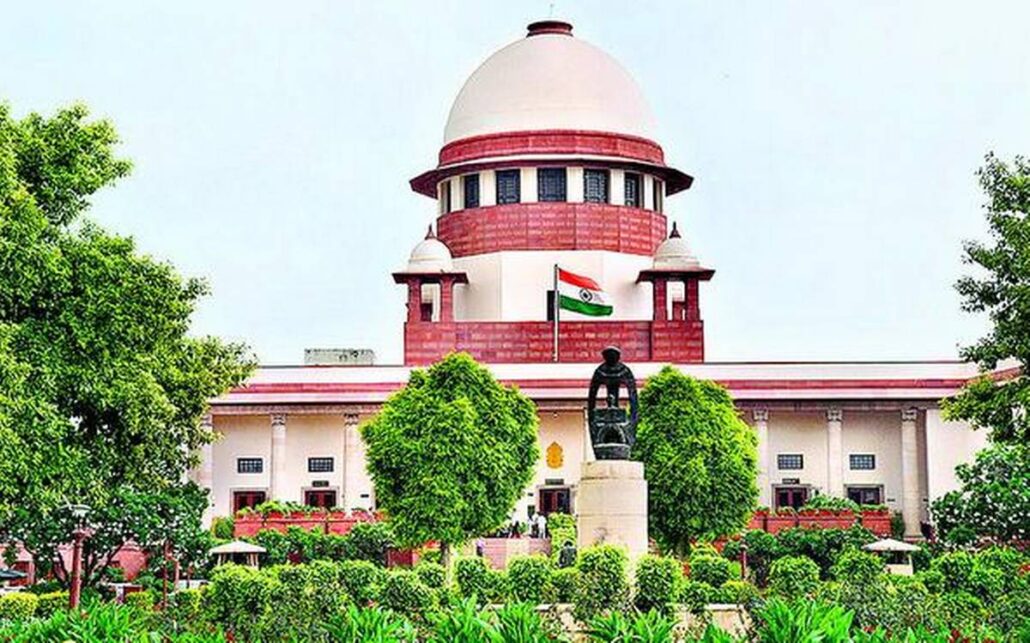
The Supreme Court of India disposed of 11 please pending from 2002-2003, seeking its intervention in the Gujarat Muslim genocide cases noting that they had become infructuous in view of the subsequent developments in the matter, Maktoob Media reported.
The pleas included transfer petitions filed by the National Human Rights Commission (NHRC) seeking that the cases be transferred from the Gujarat police to the Central Bureau of Investigation (CBI), as well as Special Leave Petitions (SLP) filed by genocide victims and a writ petition filed by NGO Citizens for Justice and Peace, headed by jailed rights defender Teesta Setalvad.
The matter was being heard by a bench of the new Chief Justice of India, U.U. Lalit, as well as Justices S. Ravindra Bhat and J.B. Pardiwala.
The top court noted that since the court had constituted a Special Investigation Team (SIT) to investigate the cases and that investigation and prosecution is complete in all but one of the nine cases, the petitions are now infructuous.
“Since all matters have now become infructuous, this court is of the view that this Court need not entertain these petitions any longer. The matters are therefore disposed of as being infructuous,” said the apex court.
Counsel for the SIT, senior advocate Mukul Rohtagi told the court trial is pending only in the case of the anti-Muslim violence at Naroda Gaon and that the other eight cases are already in the appellate stages in the high courts and Supreme Court.
The court did direct that the trial with respect to the remain case (Naroda Gaon) be taken to its conclusion “in accordance with the law” and to the extent the SIT be “certainly entitled to take appropriate steps in accordance with law”.
Earlier in the day Supreme court disposed the contempt plea against BJP leaders in the Babri Demolition case.




